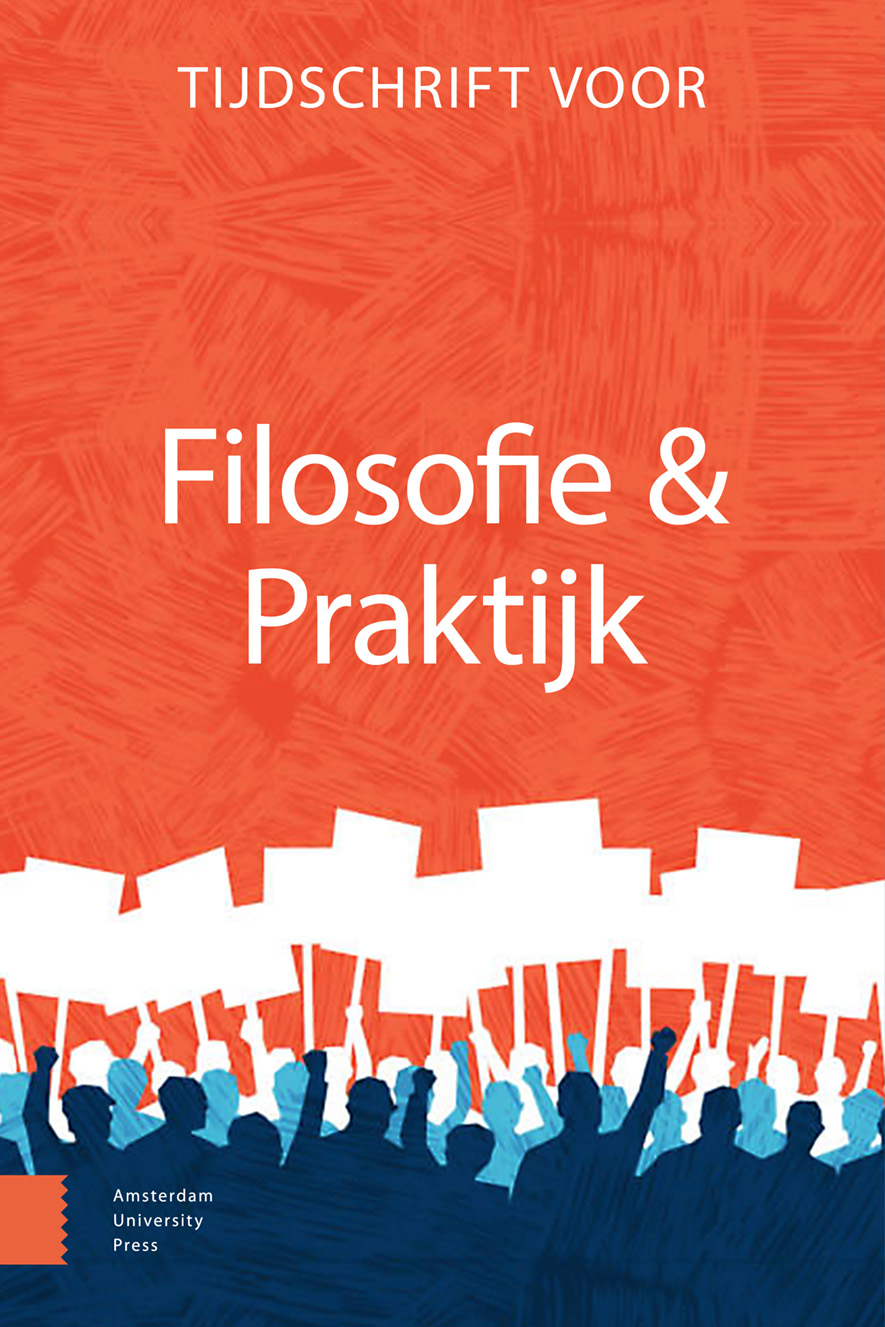
Full text loading...
Some ecofeminists want to reclaim a ‘female nature’ and abilities and skills that are considered ‘feminine’, like female fertility, sexuality and motherhood. They argue that this nature and these skills have been suppressed in a male-dominated world. Other feminists consider this notion of a ‘female nature’ as gender-affirming, sexist or oppressive. Does the reclaiming or reinforcing of a ‘female nature’ lead to an emancipated thinking about gender, or does it prove a patriarchal and misogynistic rule?

Article metrics loading...

Full text loading...
References


